
Disclaimer: The information provided on this website is not a medically approved way to manage PCOS. For more tailored and accurate advice, please consult your GP or a specialist.

Polycystic ovarian syndrome (PCOS) is one of the most prevalent hormonal disorders that affects females. It is characterized by the presence of ovarian cysts, irregular menstruation, and hormonal imbalances.
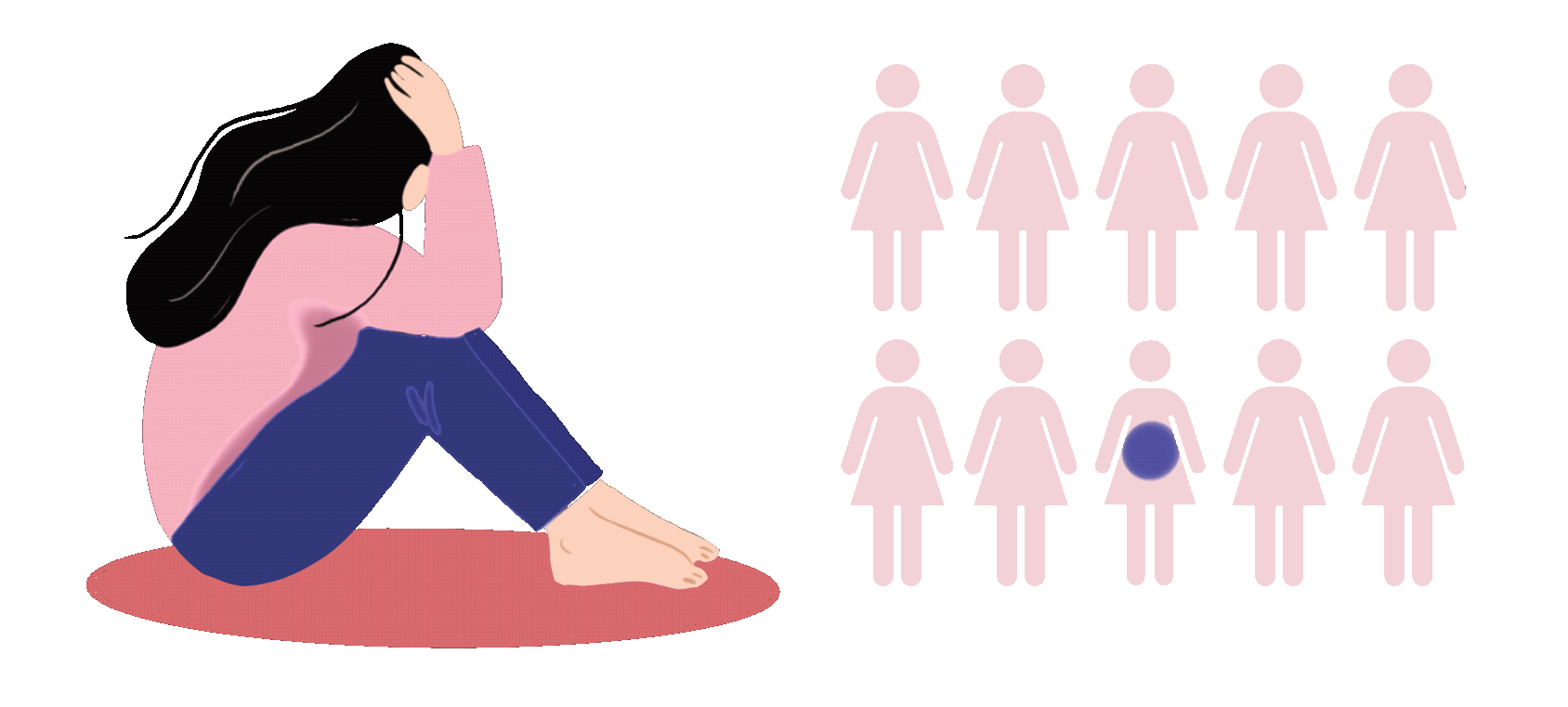
Click on the statements and bust the myths!

 Fiction /
Fiction /  Fact
Fact
Common symptoms of PCOS include: irregular periods, unwanted hair growth, acne and oily skin, weight gain, mood swings, painful periods and more.
PCOS is categorized into four types, and knowing your specific type is essential for successful treatment and symptom relief. Since PCOS affects individuals uniquely, personalized approaches are crucial to manage it effectively. Seeking medical advice to identify your type and receive appropriate care is important, as it's possible to have more than one type of PCOS.
Click below  on the types to find out more!
on the types to find out more!

Balancing your diet with PCOS doesn't involve deprivation or hunger; it's about embracing consistent guidelines that introduce nourishing foods to support your hormones. When planning your meals and snacks, aim for a well-balanced combination of the following:

Have a tablespoon of a healthy source of fat (i.e. coconut oil, grass-fed ghee or butter, handful of nuts or seeds) on an empty stomach. Healthy fats are essential for hormone production and stabilising blood sugar levels.

Effective for all types of PCOS
Vitamins and Minerals like Vitamin D3, Vitamin B12, Magnesium, Iron and Zinc are essential for females, with or without PCOS. It is crucial to consult with a healthcare professional before adding any supplement to your PCOS management plan.
Click  on them for more insight!
on them for more insight!
Look for Inositol formulated with a 40:1 ratio of myo-inositol to d-chiro-inositol, mirroring the body's natural balance. This is particularly beneficial for addressing insulin resistance, aiding in the reduction of testosterone levels, and enhancing ovulation!
Research indicates that Omega-3 supports optimal weight, as well as the well-being of hair, skin, and insulin levels. Scientific studies highlight how DHA contributes to maintaining healthy testosterone levels and a positive mood.
Berberine initiates AMPK activation (signifying the regulation of cellular metabolism) and enhances glycolysis (which dictates the pace of glucose breakdown in the body for energy production), ultimately resulting in reduced insulin resistance.
CoQ10 is an antioxidant that supports cellular energy production and may help with insulin sensitivity.
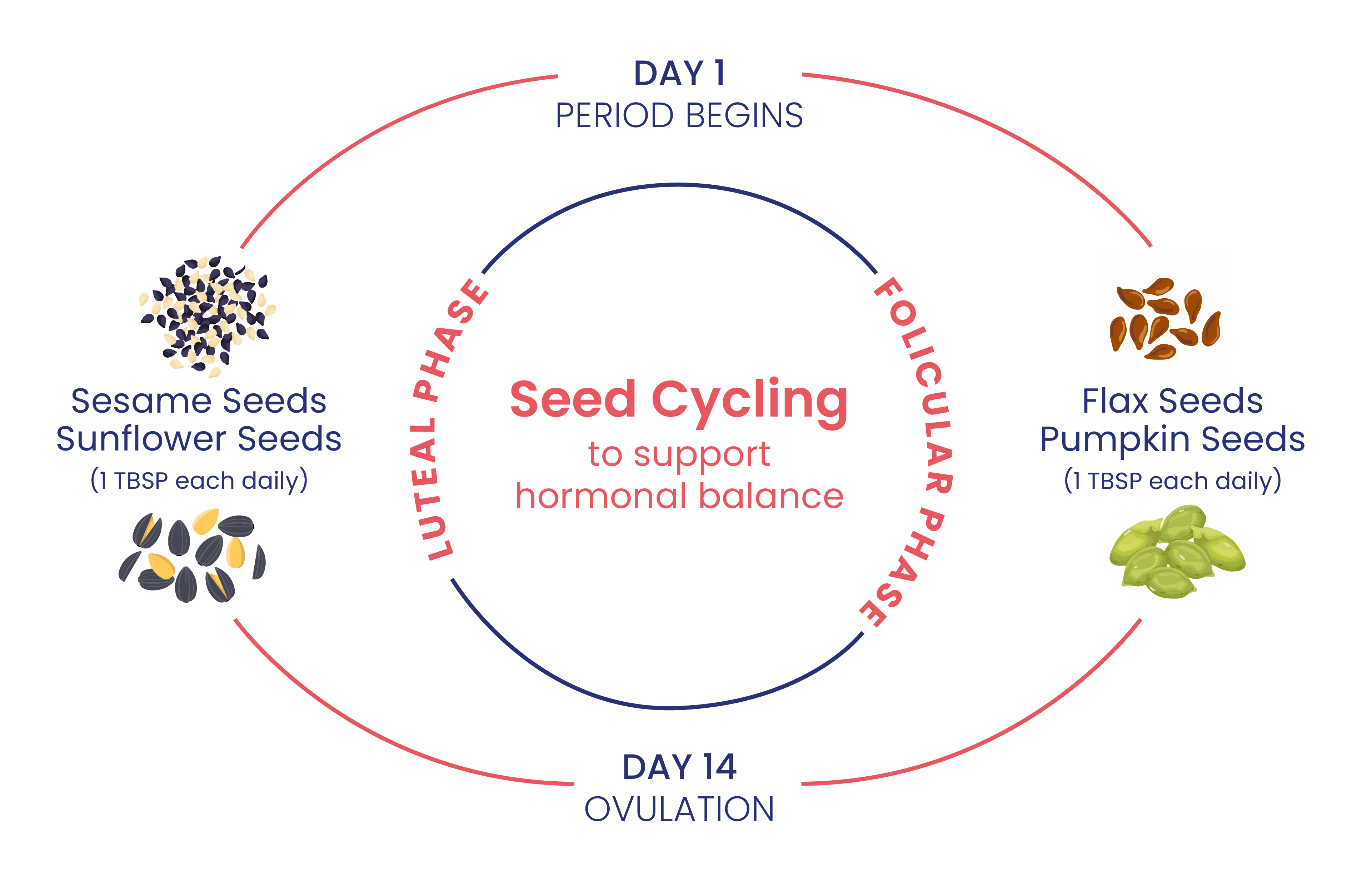
Seed cycling involves having particular seeds during the primary phases of your menstrual cycle (follicular and luteal) to support the harmonious balance of estrogen and progesterone. This gentle and natural approach can alleviate PMS symptoms, enhance fertility, trigger menstruation if absent (amenorrhea), and address other symptoms arising from hormonal imbalances.

Most effective for Post-Pill type of PCOS

Gluten, found in wheat, barley, and rye, can increase gut permeability, causing a leaky gut. It is linked to heightened brain antibodies, causing inflammation and potential neurological issues. Modern wheat differs from its predecessors due to processing changes, impacting fiber and gluten levels.

Most effective for Inflammatory type of PCOS

If you'd like wheat/bread to be a part of your diet, switch to Sourdough Bread. It has higher nutrient content, a reduced likelihood of blood sugar spikes, lower gluten levels, and enhanced digestibility compared to bread crafted with baker's yeast.
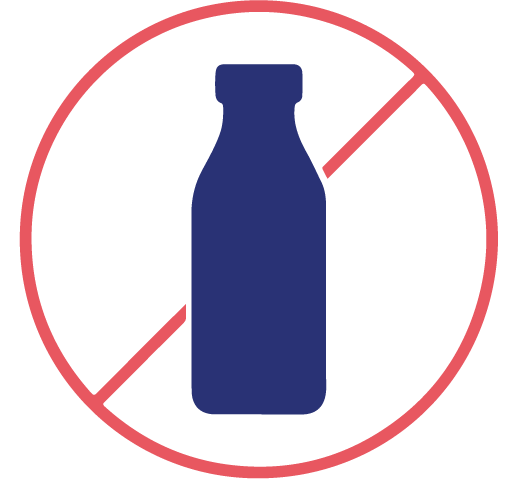
Dairy products contain elevated levels of hormones like prolactin, estrogens, progesterone, corticoids, androgens, insulin-like growth factor-1, and prostaglandins. Excessive intake of dairy can disrupt hormonal balance and lead to abnormal cell formation.

Most effective for Inflammatory type of PCOS

Grass-Fed Ghee and Butter are exceptions with low lactose and casein content. When consumed moderately, they also provide health advantages like high-vitamin content and production of bile, flushing out old hormones.
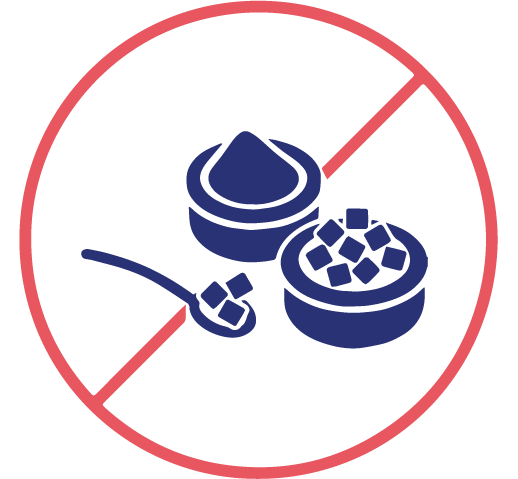
Eliminating sugar from your diet is the most ideal way to go. Sugar spikes insulin levels but it also contributes to high blood pressure, high levels of triglycerides, and high levels of C-reactive protein, all of which have been linked to oxidative stress and inflammation.

Effective for all types of PCOS

Sugar Cravings are very common with PCOS, so if it is something you can't eliminate at first, switch to more natural sources like coconut sugar, dates, agave nectar, organic honey, etc. Pair it with a protein or fat source to avoid sugar spikes!
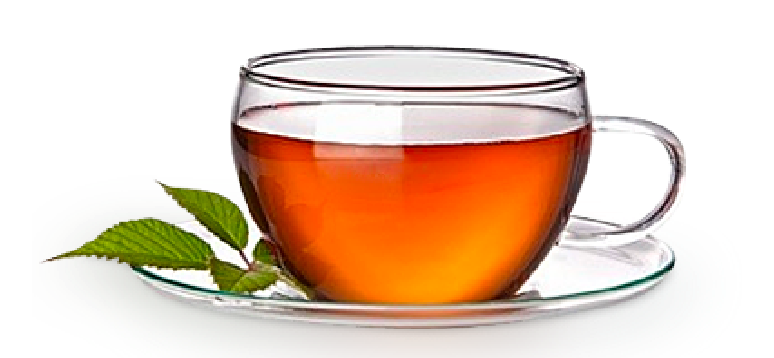

To maintain a healthy cycle, it's important to follow a manageable exercise routine. This should include enjoyable activities, classes, adequate rest days, and gentle mind-body exercises. It's important to be easy on yourself and listen to your body!
Yoga has the potential to have a profound impact on PCOS. The calming and meditative aspects of yoga help maintain a state of relaxation in our bodies, thereby reducing stress hormone levels even during exercise. As a result, we can enjoy the numerous advantages of yoga without experiencing the post-workout anxiety often associated with intense workouts for individuals with PCOS. Some poses that bring hormonal balance:
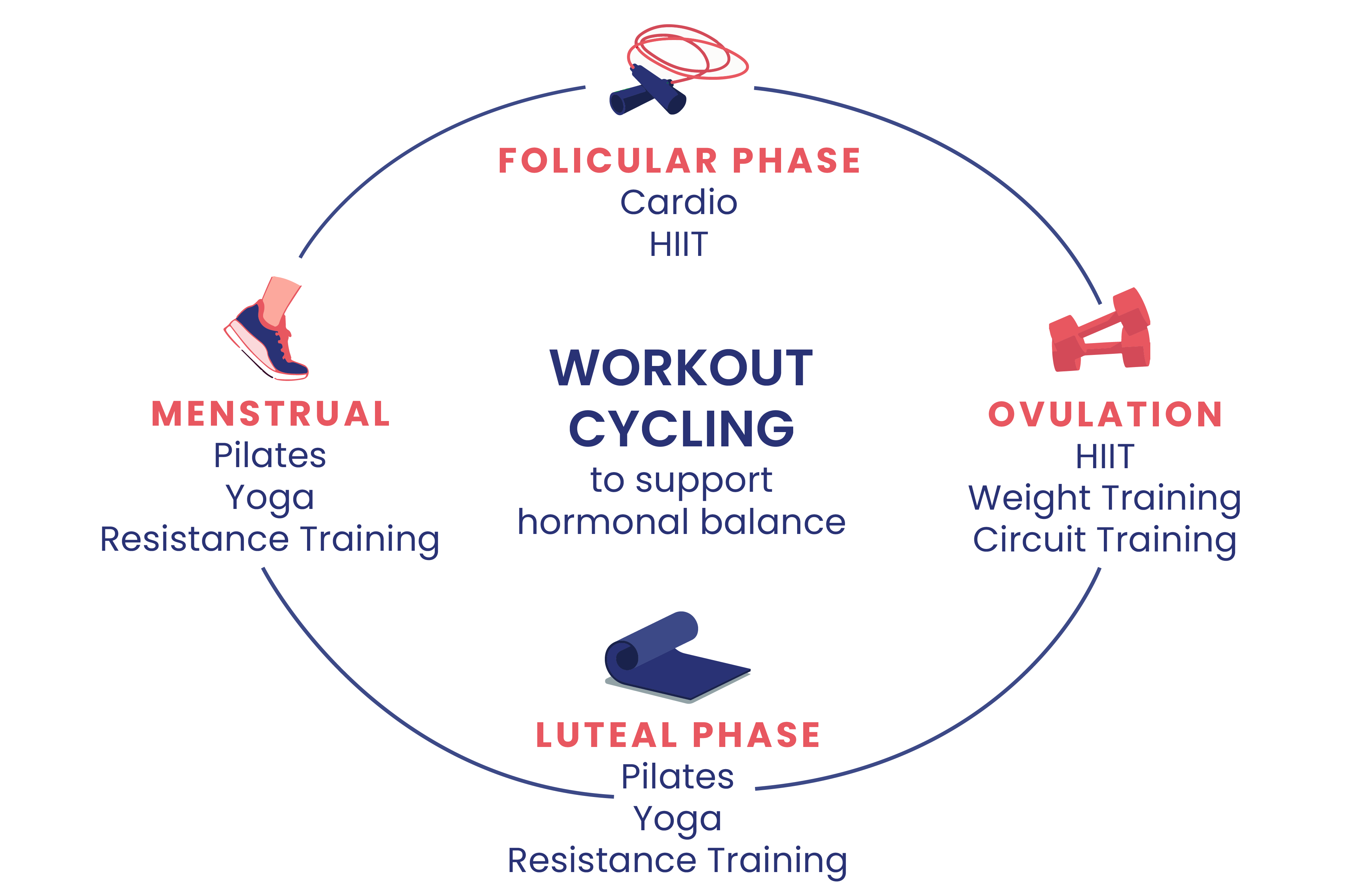
Throughout the menstrual cycle, hormonal fluctuations lead to varying responses to exercise in the female body, impacting calorie burn rates, stress levels, and the immune response.
Cycle syncing, aligning your workouts with your menstrual cycle, can help balance hormones and improve various aspects of your fitness journey, from fat burning to reducing symptoms and boosting energy levels.
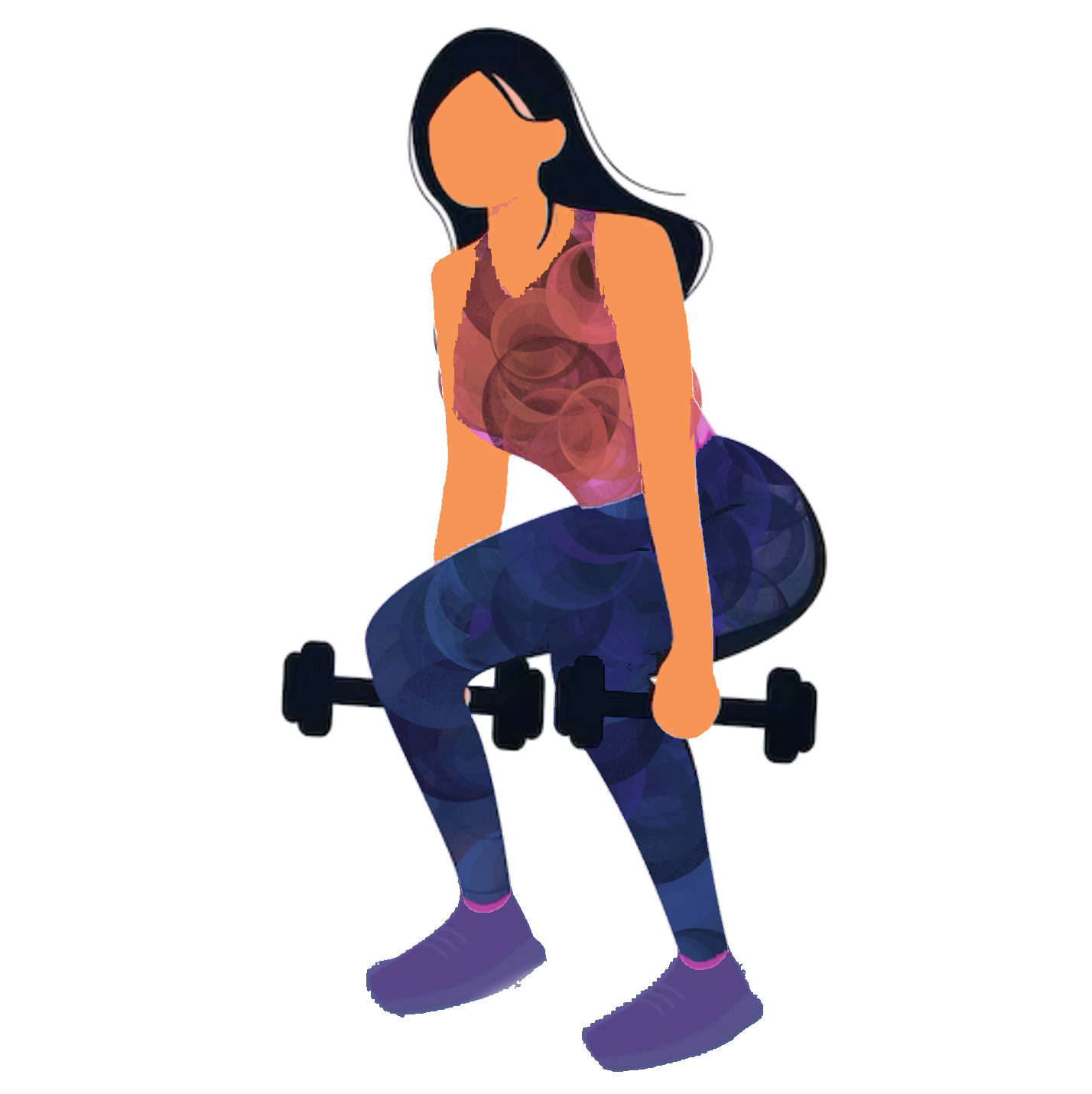
Due to stubborn weight, Women with PCOS often think they must do high-intensity workouts. Excessive exercising and overtraining can lead to irregular periods by causing a surge in cortisol levels, disrupting your hormonal balance.
Instead, choose workouts that are strengthening, slow-weighted, and keeps your heart rate at bay.

Prioritizing our mental well-being holds significant importance. When our cortisol levels are lower, our hormonal balance is enhanced. Engaging in activities like journaling, meditation, and ensuring adequate sleep plays a pivotal role in stress reduction. Additionally, moderating caffeine and alcohol intake can contribute to regulating our circadian rhythm, ultimately assisting in more effective symptom management.